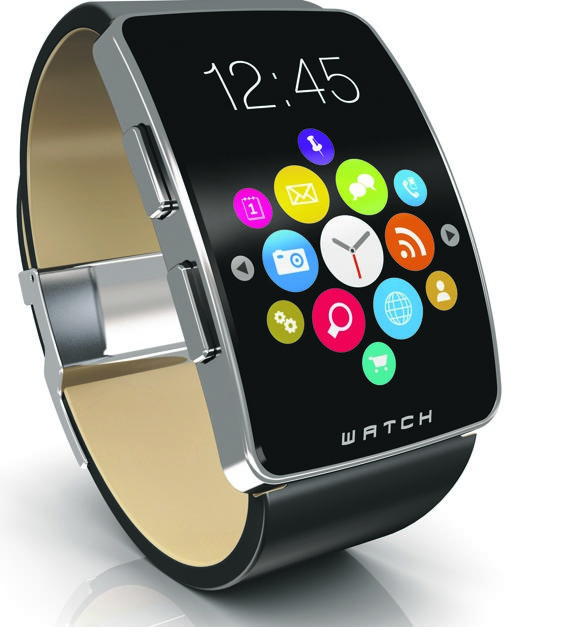
By the time you read this your “New year, new me!” mantra will either be ringing hollow or have been discarded as fast as that blog you started in 2008.
Truth is, bombardment stress is already creeping back into our lives, so while your good intentions still linger, your resolve is a different matter altogether.
To add insult to injury, you might even have received a smart fitness tracking device for Christmas, which is now blinking accusingly at you.
Ways to track any aspect of your life have grown exponentially as the wearable tech industry booms in tandem with the wellness industry.
Even if you don’t have a separate fitness device, your new smart phone is tracking you in different and unexpected ways.
For example, if you’ve ever opened a route-finder app like Waze while driving, the app immediately picks up that the car is moving (creepy) and asks if you are the driver or passenger.
If you let it know you’re the passenger, it will allow you to continue mapping a route, but not so if you’re the driver.
In essence, we’re hurtling towards the reality of an internet of things (IOT) world where all our devices are connected. This connectivity also allows you to monitor your loved ones, like tracking an Uber ride, which gives peace of mind to parents who want to follow their child’s ride. This all seems helpful and benign but there is a slippery slope we have not considered.
This slippery slope was revealed to me at a Future Homes exhibition I managed to catch in London recently.
The exhibition starts with a short video that looks at the future of smart devices, but the film maker explored an unexpected outcome.
The video provided a glimpse of an IOT world in which an elderly man, living on his own, is given a series of smart devices by his children.
These include a smart fork which could detect what he was eating, a smart walking stick to help monitor how much he was walking and a smart mattress which could detect when he was in bed and what quality of sleep he was getting.
These smart devices relayed all the information they collected to his children. So far so good, and a near reality.
The only problem is that the man was a committed couch potato who loved artery-clogging food.
Each time he jabbed his fork into his bacon and eggs, he would get a message from his daughter pleading with him to eat something healthy.
Ditto when he was watching TV. He would get another message asking why he had only walked X number of steps that day, or why he was not in bed at such a late hour.
Fed up with this constant surveillance, he plots ingenious – albeit very low-tech – ways to sidestep the surveillance and hoodwink his children.
He starts by preparing himself two meals: his beloved greasy fry-up, as well as a bowl of salad. While he’s enjoying his fry-up, he occasionally jabs his smart fork into the salad, which then lets his children know he’s eating healthily.
For the smart walking stick, he calls over his neighbour’s son and pays him to walk around the neighbourhood with the stick, which dutifully clocks up the activity data.
As for the smart mattress, at the “appropriate” bed time, he hauls all his books off his bookshelf and lays them on his bed to provide just enough weight for the mattress to confirm that there is someone lying in bed.
He then carries on with his unhealthy, couch potato lifestyle with his children blissfully unaware of the hack.
When I explained this video to people, I got a significant number of them who fessed up that they had also started hacking their smart devices or systems – for example, to maintain credible Vitality point scores.
People are not only attaching their pedometers to their dogs or energetic toddlers to record distance and steps – like the man’s smart walking stick hack – but, more stealthily, separating their healthy and unhealthy groceries and paying for them with different credit cards, or cash.
The reason they do this is that Vitality tracks when you buy healthy items and rewards you accordingly.
While these rewards are great, the flip side is that when you buy chocolate, chips or alcohol, you are also sending data about your sugar and salt intake, hence this new grocery shopping hack.
The reverse of a rewards programme is demerits and punishment for bad behaviour, which is not the aim of these programmes ... YET.
This new trend of grocery and smart device hacking is emerging in tandem with a growing concern globally about data privacy and ownership.
So while we understand that we kissed our privacy goodbye a long time ago, the movement to claim it back has started, and a grocery shopping hack is one of the more unexpected rallying points.
Chang is the founder of Flux Trends. For more trends, visit fluxtrends.com




 Publications
Publications
 Partners
Partners









